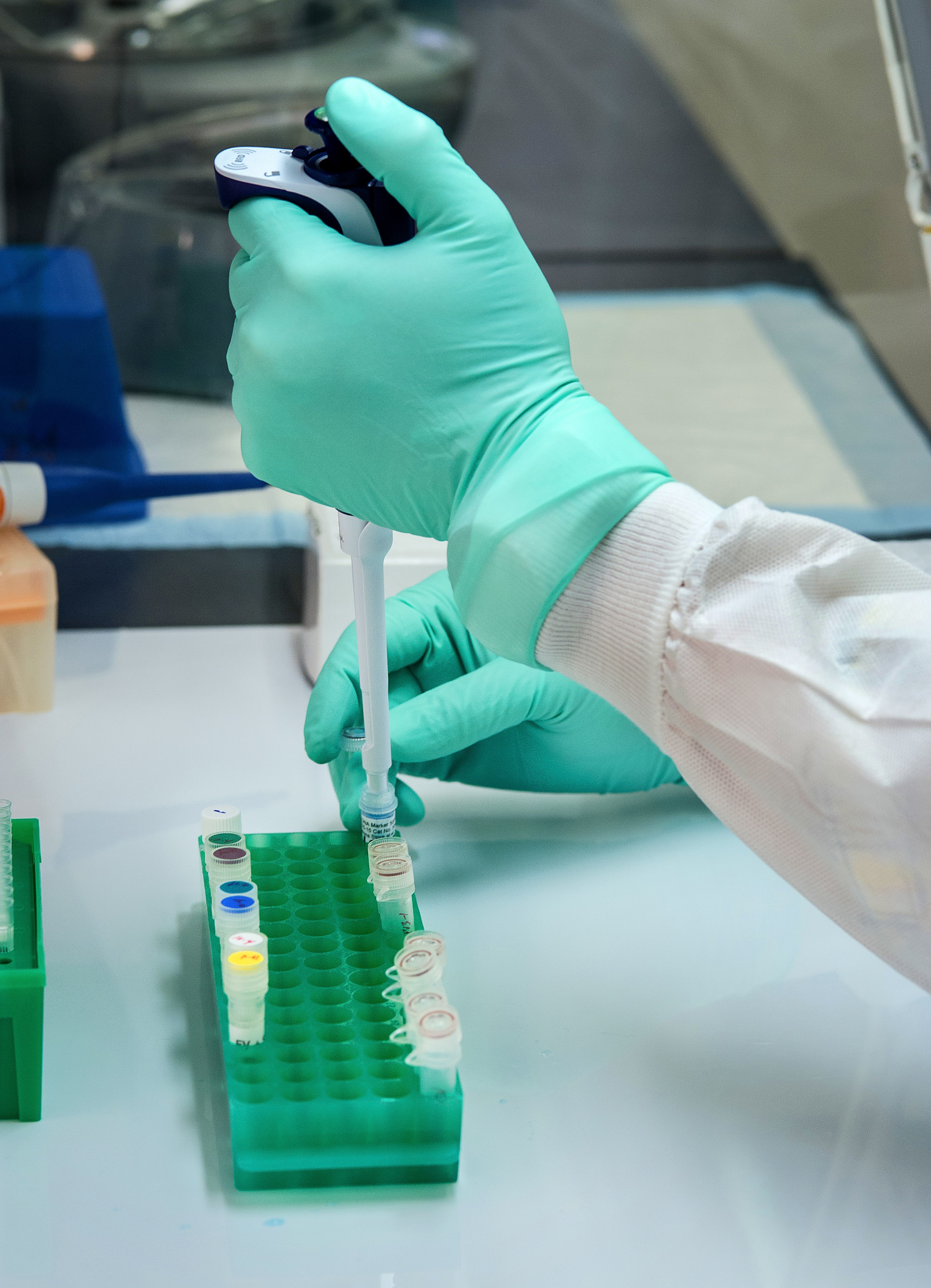A look at the international race to create human eggs and sperm in the lab
By Rob Stein, Regina G. Barber, Berly McCoy,
NPR [cites CGS' Marcy Darnovsky]
| 11. 29. 2023
In which we meet the pioneers of one of the most exciting — and controversial — fields of biomedical research: in vitro gametogenesis, or IVG.
The goal of IVG is to make unlimited supplies of what Hayashi calls "artificial" eggs and sperm from any cell in the human body. That could let anyone — older, infertile, single, gay, trans — have their own genetically related babies. As such, the field opens up a slew of ethical concerns.
But that isn't stopping researchers from pressing forward.
So, this episode NPR science correspondent Rob Stein gives us a glimpse into the global race to create the first artificial human embryos to see how the competition is unfolding.
Related Articles
By Scott Solomon, The MIT Press Reader | 02.12.2026
Chris Mason is a man in a hurry.
“Sometimes walking from the subway to the lab takes too long, so I’ll start running,” he told me over breakfast at a bistro near his home in Brooklyn on a crisp...
By Diaa Hadid and Shweta Desai, NPR | 01.29.2026
MUMBRA, India — The afternoon sun shines on the woman in a commuter-town café, highlighting her almond-shaped eyes and pale skin, a look often sought after by couples who need an egg to have a baby.
"I have good eggs,"...
By George Janes, BioNews | 01.12.2026
A heart attack patient has become the first person to be treated in a clinical trial of an experimental gene therapy, which aims to strengthen blood vessels after coronary bypass surgery.
Coronary artery bypass surgery is performed to treat...
By Staff, ScienceDaily | 01.05.2026
Scientists at UNSW Sydney have developed a new form of CRISPR technology that could make gene therapy safer while also resolving a decades-long debate about how genes are switched off. The research shows that small chemical markers attached to DNA
...




